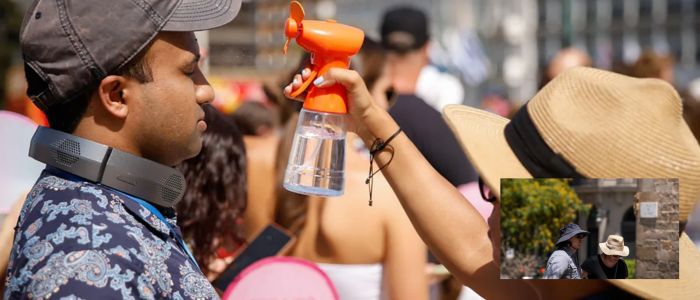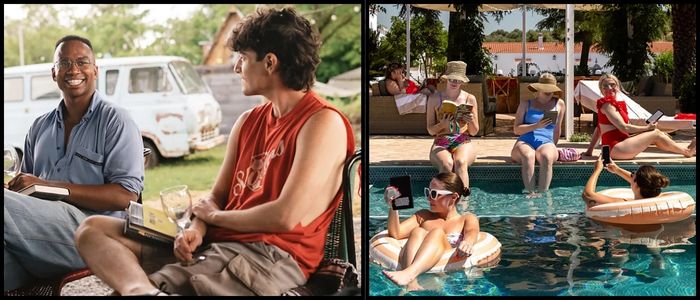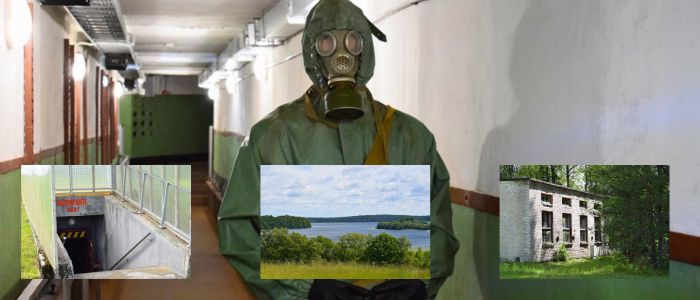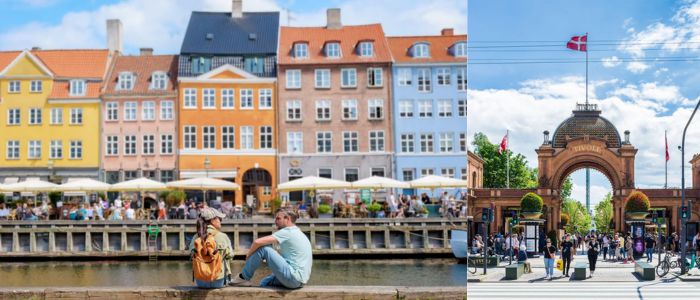The good news is, though, you still can enjoy countries such as Italy, Greece, France, and Spain — if you plan the right way.
Heatwaves Disrupting Holiday Fun
Seasoned traveller, Georgia Fowkes, was acquainted with hot places; however, the heatwave she encountered while holidaying in Greece seemed unmanageable.
She said she had been struggling with a broken air-conditioner, warm water from the taps, and sleepless nights, even though a wet towel and frozen bottles had been her lifeline. And like so many others who came to the Mediterranean, she found not only the heat oppressive, but almost unbearable.
Tourists this summer throughout southern Europe had to contend with heat waves that brought record temperatures, more heat-related health problems, and deaths.
Tropical circulation patterns have spread, said Nick Cavanaugh, a climate scientist, moving scorching air farther up, he continued. And as the European vacation season reaches its apex, greater swelter is expected yet.
Travellers are particularly at risk, doctors warn. Many holiday activities — long walks, nature tours, wine tastings — might up the risk for overheating.
"Extreme heat can be extremely dangerous, despite it not being immediately apparent," said Dr Olalekan Otulana, who stressed that people tend to relax their regular health routines while on vacation.
How to Beat the Heat but Stay in the Mediterranean
Air conditioning is not ubiquitous in some of the warmer parts of southern Europe. Andrea Moradei of Florence suggests choosing accommodations in older stone or brick buildings, or places in cool hilltop neighborhoods with shutters and cross ventilation. These buildings were designed for hot weather and can remain cooler naturally.
Follow the Local Rhythm
Those high temperatures usually occur after lunch, so it's nap time or a break, if you have any, after lunch. A lot of shops and restaurants close for a few hours in the afternoon in Mediterranean countries.
Doing so is what Moradei recommends here – resting inside, reading, or having some quiet time in this era. In Italy, this downtime is called "pausa pranzo," and it's not wasted. It's how you recharge and stay safe for the rest of the evening.
Sightsee Smartly
Rather than jam-pack your schedule, consider a more languid pace. Tweaking it to arrive a bit later in the day and make for sure there are plenty of shaded spots to take our breaks."
'Rest without the sun' Travel expert Whitney Haldeman planned for this while traveling through southern France by sightseeing early in the day, taking "lunch breaks in shaded areas and scheduling lots of rest time for the group." Museums and historic churches inside provide you with some culture and cooler temperatures.
Watch for Heatstroke Warning Signs
Dr Otulana recommends monitoring for warning signs of heat exhaustion, such as dizziness, heavy sweating, or nausea. A more serious sign is confusion, fainting, and a very bad headache, especially if sweating has stopped completely.
In these circumstances, it is possible for the body temperature to exceed 40°C, which can lead to organ injury.
Keep yourself hydrated by making sure to take in water from time to time, even if you don't feel thirsty. Fans, loose and breathable clothing, and perhaps water tablets are your friends.
"I remember shopping for everybody," Haldeman said, adding that things such as portable fans and lightweight clothing became must-haves for them.
Enjoying Safely is Still Possible
When you're craving a sunny escape, it's easy to brush off heat warnings, but the reality is extreme heat can make or break a trip. Survival outshone sightseeing for Fowkes during her trip. "We weren't driving to take in the view — we were driving to just get through the day."
But with some planning, a respect for the weather and a willingness to slow down, you can make the most of everything the Mediterranean has to offer — without putting your own health on the line.
Travel

Stay Safe While Holidaying Under the Mediterranean Sun

The Mediterranean has always made for a dream summer escape — its azure waters, historic towns, and warm weather hold a timeless appeal. But as climate patterns change, the increasing prevalence of heatwaves is transforming those holidays into a health risk.















